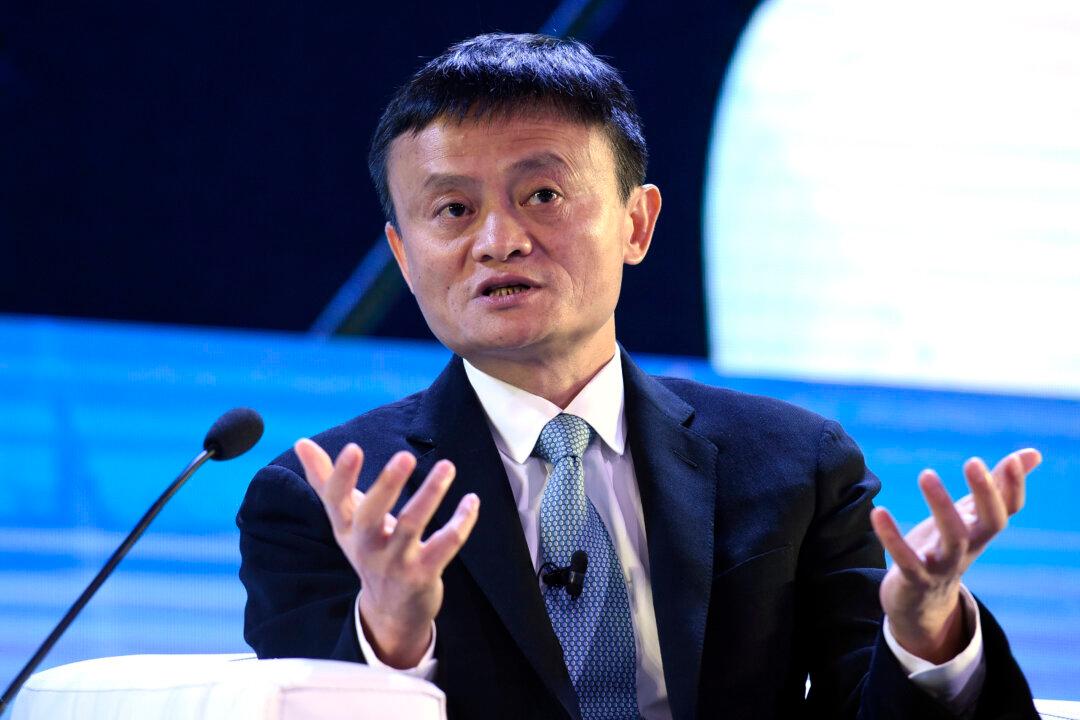SHANGHAI—When an influential anti-counterfeiting group allowed Chinese e-commerce giant Alibaba to join its ranks in April, the group said it was a collaborative move that would help stem the sale of fake goods for top companies such as Apple, Nike and Procter & Gamble.
Instead, the decision has sparked an angry revolt among some members of the International Anti-Counterfeiting Coalition, who consider Alibaba the world’s largest marketplace for fakes. The ensuing drama has led to outraged letters, anonymous memos, and high-profile defections.
Now, an investigation by The Associated Press has found that the IACC’s president owns Alibaba stock, has close ties to a key Alibaba vice president and uses family members to run his coalition.
“It’s crossed the line ethically,” said Deborah Greaves, a partner at Brutzkus Gubner law firm who served on the coalition’s board from 2011 to 2013. She said she didn’t know that IACC chief Robert Barchiesi had stock in Alibaba until informed by the AP, calling it “really problematic.”
“Everything the IACC does that makes Alibaba look better potentially drives up the price of the stock,” said Greaves, whose firm is still a member of the group. “As a board member, I would never have bought stock in Alibaba.”
The storm has bared the deep loathing some harbor for a company heralded as one of communist China’s greatest capitalist success stories.






